OPINION: The forgotten race
For sixteen years, I was silent about racism towards Asians. After the outbreak of COVID-19, it made me realize I had to speak up for the sake of those who are victims and for people to realize how big of an issue this is.
One morning, I was walking my dogs with my younger brother. It was like any other day, so I hadn’t expected anything else out of the ordinary to occur.
It wasn’t the sunniest day; it had rained the night before, so few people were outside. It was just me, my brother, my dogs, and an elderly man across the street. He didn’t look familiar and I assumed that he wasn’t from my neighborhood. I knew that many people from the surrounding neighborhoods would come to my development because it was bigger and it gave them more places to walk.
I didn’t think much of it because I assumed he was just trying to get some fresh air like we were. My brother and I were innocent, but the haze of cautious hatred in the man’s eyes made it seem like we were guilty of a crime we did not commit. He just stared at us, even turning his head to look back after going ahead.
Ever since the outbreak of COVID-19, my mom told my siblings and me to be careful while we were in public in case there were people trying to hurt us because we were Asian. I didn’t expect to feel the effects of xenophobia due to COVID-19, but on that specific day, I was terrified for my brother’s and my life.
I shouldn’t assume that the man was being xenophobic. He could’ve been looking at us because we were the only other people outside. Or maybe he was simply looking at our dogs. I can’t define his intentions, for I was not in his shoes.
However, it raised an issue that I’ve dealt with for sixteen years: casual racism against Asians.
For most of my life, I’ve endured multiple instances of my peers or even the adults in my life making offensive remarks towards Asians.
I overheard a conversation between a teacher and student about how they thought nail salon workers were talking about them and asked “why don’t they just speak English for once?”
Once, a girl bluntly told me “I looked pretty enough for an Asian,” without batting an eyelash.
My own peers made a comment in class, adamantly believing that “they should take all of the Chinese out of the country to prevent the virus from spreading.”
There was never a moment when someone came forward and said how wrong it was to say those things. But there was a bigger problem: even I refused to stand up for myself. I didn’t even recognize it as a problem or a big deal.
I’ve spent my entire life ignoring the mistreatment that Asians face every single day, and I’m tired of it. I’m tired of being the forgotten race.
AS THE VIRUS GETS WORSE, SO DOES RACISM
Since the emergence of COVID-19, incidents of xenophobia have taken over the news. It was the first time I had seen the Asian community get this much attention. When President Trump called it the “Chinese virus,” more people began to use derogatory names such as the “Kung Flu”. After he received backlash from Asian Americans, he defended himself and ignored how dangerous the effects of using such a term could be.
“It’s not racist at all,” he said, adding that “it comes from China, that’s why.”
Since then, and long before that, people have felt that COVID-19 was an excuse to mistreat Asians. Buildings and roads that were heavily populated by the Asian community were spray-painted with words like “dog eater” or “g**k.” Asians from all generations were brutally attacked by strangers on the street. Thousands are becoming victims of harassment.
At that point, nobody was safe; Asians couldn’t even enter a grocery store or the bus without putting their lives at risk.
The spread of racism increased as the virus grew worse; however, thanks to news outlets like NextShark, incidents of racism finally made it to headlines. As I read more and more stories about the horrible things that many in my community faced, I realized we don’t talk about this nearly enough.
THE STRUGGLE TO BE HEARD
I made the mistake of reading the comments on an Instagram video of a woman talking about her struggles dealing with xenophobia. I knew there wouldn’t be any serious comments about the issue, considering that the internet is full of ignorant people.
However, I still gained some insight that made me realize that the issue is bigger than I thought.
If I rarely recognize the racism that Asians deal with on a daily basis or speak about it often, who will?
In those comments, I read, “[Asians] just want to be black so bad” or “it’s not as bad as police brutality” or “Asian people are racist too.”
Why is this suddenly a competition? Are our struggles incomparable to those of other races? Do we not fit the mold of “the victims of racism”?
People spend too much time arguing over who is receiving the most racism when we’re missing the most important problem of all: racism in itself.
It doesn’t matter who says what about what race or how bad one person’s experience is with racism in comparison to another. The problem we should all recognize is that racism harms everyone no matter who you are or what your skin color is in the situation.
In comparison to other people of color, I do admit that we are more privileged than they are. Most of our stereotypes are harmless, we don’t often fear for our lives when going out on the street, and when discussing topics like immigration, people don’t ever mention us. But that doesn’t set aside the fact that we do experience racism on a level where it is concerning. I don’t want to have to be a victim of racism; I doubt any of us do. Although, if you are shunning us away from being heard, you are the problem.
Obviously, you cannot expect racism to end. You can’t change people’s minds if they don’t want to be changed. But what you can do is recognize that racism against Asians is no better or worse than the racism received by black or Hispanic people. We are all victims and we need not to work against each other, but with each other. We must set our hatred aside and be allies.
YOUR RACISM IS A VIRUS
Denying this issue is a problem in itself. We cannot move forward if all we do is ignore the problem that is present. I spent too long being silent about this issue, and I don’t want to turn a blind eye anymore.
I don’t want to be another victim. I don’t want to become another headline where I was beaten to the point of hospitalization. I don’t want to be afraid of going outside of my home. I don’t want to be ashamed of who I am.
I am not the xenophobic comments that the world portrays me as.
I am not ashamed of what I am.
I am not a virus.


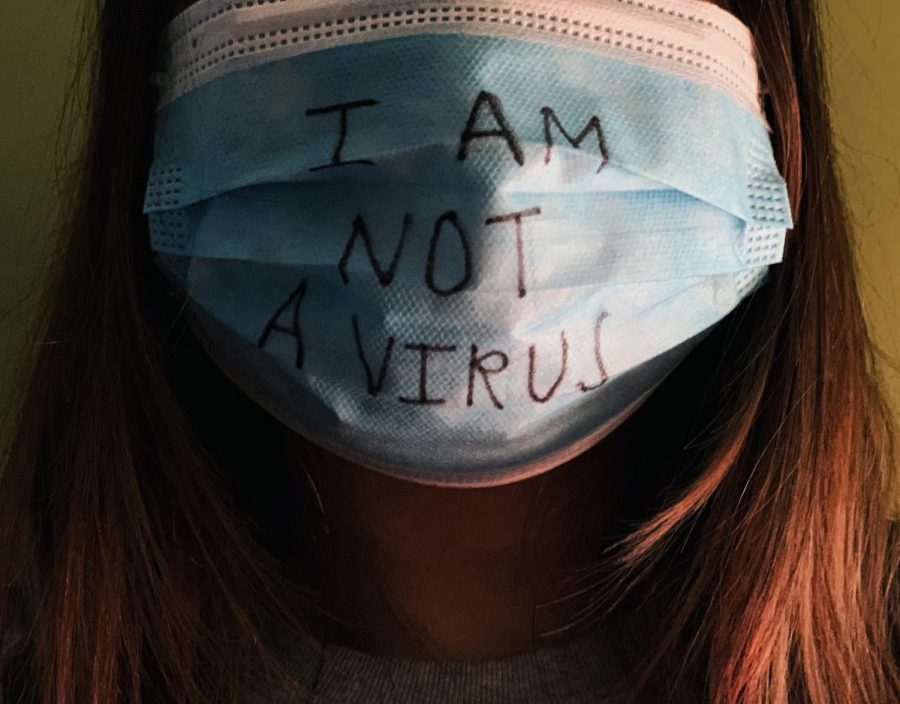



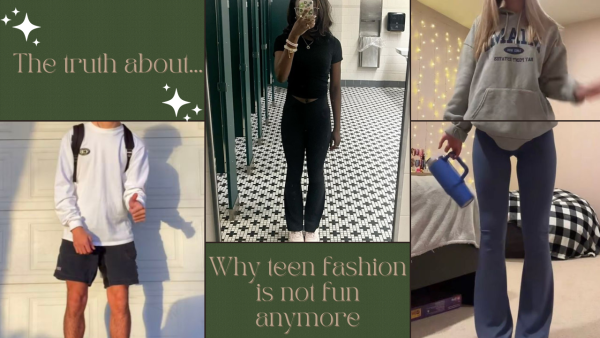

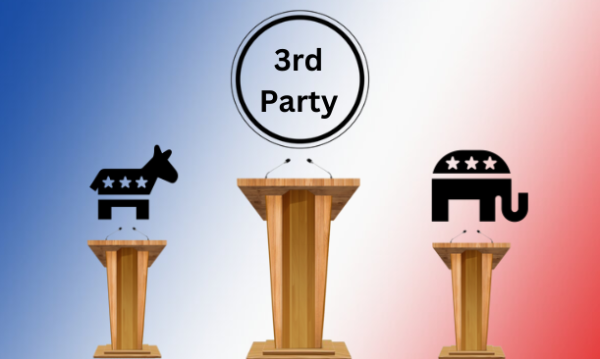
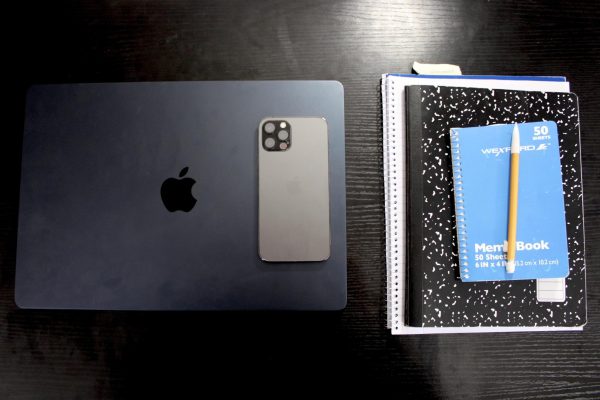
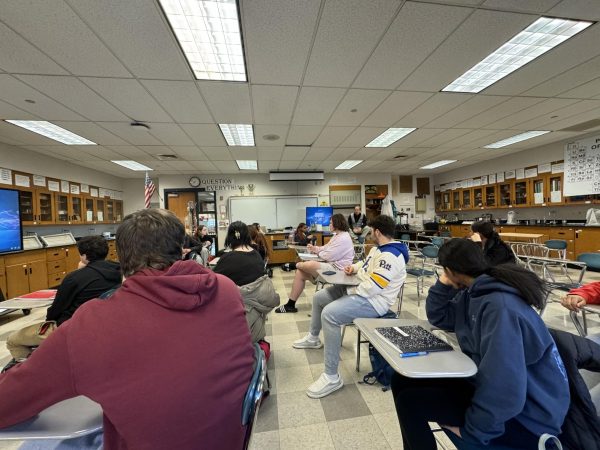
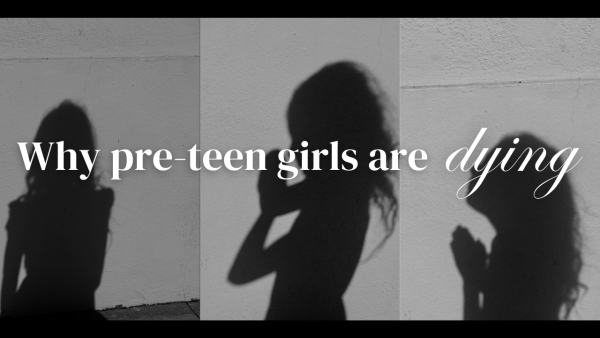

Janet Kratz • May 12, 2021 at 6:33 pm
Wow! This piece is excellent! I especially like your stylistic choices at the end and the way you redefined the word “virus.” SO well-done!